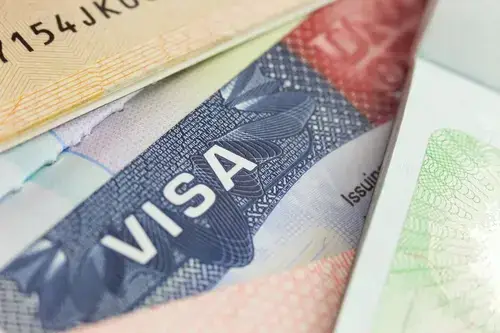On June 14th, the U.S. Department of State announced that the United States could include Tanzania and 24 other African countries on the initial list of 19 countries banned, totally or partially, from entering the United States. Following this declaration, Tanzania has started negotiations with Washington to try to overturn the latest restrictions imposed by the Trump administration on Africans traveling abroad.
This Wednesday, June 18th, the spokesperson for the Tanzanian government, Gerson Msigwa, stated in a press release that discussions had begun with the Donald Trump administration to change its position on a potential restriction on Tanzanians entering the United States.
“We have seen the statement from the U.S. government asking us to work on certain immigration issues that could result in Tanzanian citizens being denied entry to the United States, and the Ministry of Foreign Affairs has already started discussions with our American counterparts on the matter,” said Gerson Msigwa.
“Our goal is to understand the areas for improvement, particularly those related to consular issues, in order to expedite Tanzania’s removal from the latest U.S. red list. We will continue to keep Tanzanians informed of the progress of the consultations,” he added.
The Department of State cited concerns about visa overstays, terrorist or anti-Semitic activities, and the difficulty of verifying the authenticity of identity documents presented by citizens of the listed countries upon arrival in the United States.
Tanzania is also facing a ban from the European Union on aircraft registered in the country. In response, the government has granted additional traffic rights for six months to KLM, Ethiopian Airlines, and Qatar Airways.
According to the Tanzanian Civil Aviation Authority, this measure aims to protect tourism, business continuity, and international mobility.
In this context, the United States announced on Wednesday that they are resuming the interrupted visa application process for foreign students, but applicants must make their social media accounts accessible for government scrutiny.


